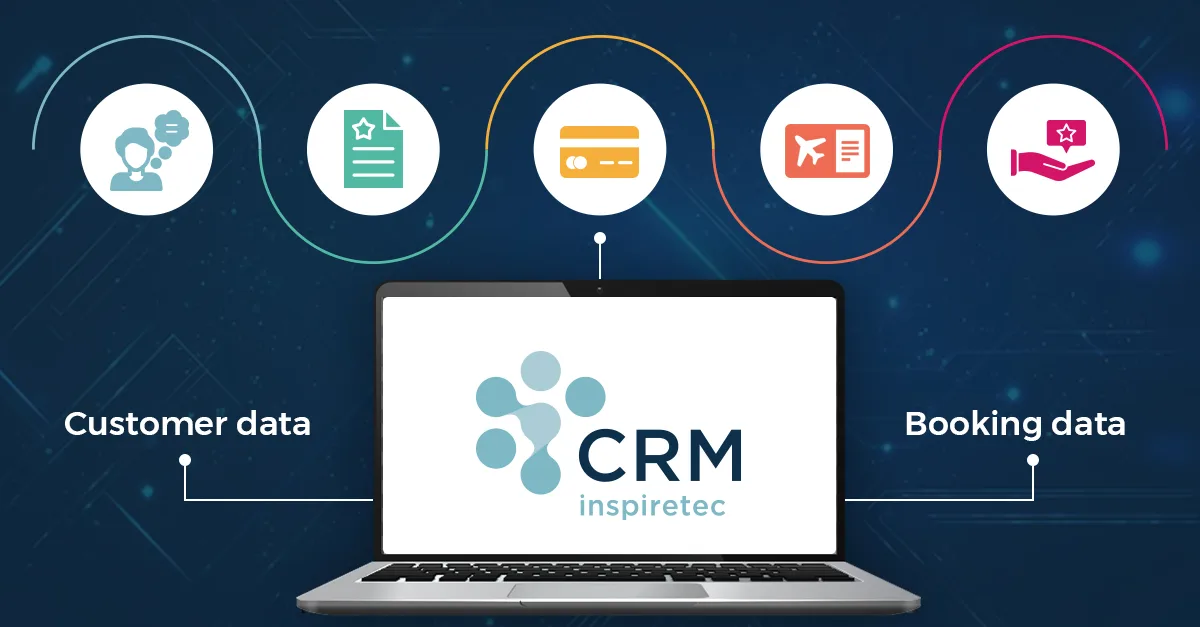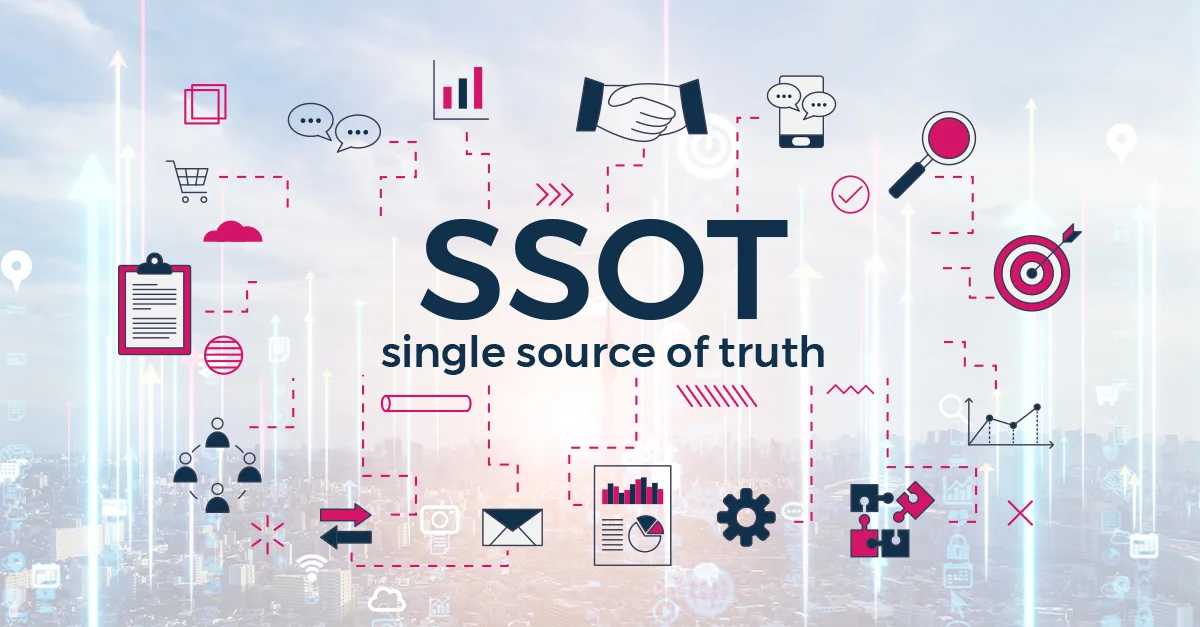What is CRM?
At its heart, CRM is a wider business strategy that focuses on the customer – building and maintaining long-term relationships to enable accelerated and sustainable business growth.
It involves the use of technology, often a cloud-based platform where users login, to manage customer interactions and improve customer experience. A CRM system allows businesses to collect, organise and analyse customer data, which can be used to make informed business decisions and provide personalised service to customers.
Benefits of CRM for travel agents
CRM can benefit travel agents in many ways, including:
- Improved customer service: By using CRM, travel agents can provide personalised service to customers, which can help to improve customer satisfaction and loyalty. For example, a screen pop when a customer calls, showing all their key info and holiday requirements.
- Increased sales: A CRM system can help travel agents to identify sales opportunities and provide targeted offers to customers, which can increase holiday sales and revenue.
- Effective marketing: CRM can help travel agents to segment their customer base and target their marketing efforts more effectively.
- Enhanced productivity: By automating routine tasks and providing real-time data, CRM can help travel agents to work more efficiently and focus on high-value activities. For example, creating quick quotes or automating simple tasks.
- Greater insight: By analysing customer data, travel agents can gain valuable insights into customer behaviour and preferences, which can inform business decisions and improve the customer experience. That extra little personal touch this insight enables goes a long way in the eyes of the customer.
Key features of CRM for travel agents
- Customer database: A CRM system should allow travel agents to store and manage customer data, including contact information, booking history, and preferences.
- Task management: A CRM system should provide tools for managing tasks and activities, such as follow-up calls, emails, and appointments.
- Sales management: A CRM system should allow travel agents to track sales opportunities, manage leads, and generate sales reports.
- Marketing automation: A CRM system should provide tools for creating and sending targeted marketing campaigns, such as email newsletters and promotions.
- Analytics and reporting: A CRM system should provide real-time data and analytics to help travel agents understand customer behaviour and make informed business decisions.
Tips for implementing a Travel CRM
Here are some tips for implementing CRM successfully in a travel agency:
- Define your goals: Before selecting a CRM system, travel agents should define their goals and objectives for implementing CRM and ensure that the chosen system aligns with these goals.
- Train staff: To ensure successful adoption of a CRM system, travel agents should provide adequate training and support to their staff and encourage them to use the system regularly.
- Customise the system: Travel agents should customize their CRM system to fit their business processes and customer needs.
- Monitor performance: Travel agents should regularly monitor the performance of their CRM system and make adjustments as needed to optimise performance.
- Continuously improve: To get the most out of their CRM system, travel agents should continuously evaluate and improve their processes, based on customer feedback and analytics.
CRM built for travel
There are a wide, somewhat bewildering choices of CRMs, we passionately believe a travel-specific CRM system offers several advantages over a generic CRM system, here are our top 3 :
- Customisation for the travel industry: A travel-specific CRM is designed to meet the unique needs of travel agents and travel companies. It includes features such as itinerary management, group booking management, tour management, and destination management.
- Integration with travel industry tools: A travel-specific CRM can integrate with other travel industry tools including reservations software and platforms such as hotel booking engines and airline booking engines. This integration allows travel agents to access real-time information and automate their booking processes.
- Built for travellers and holiday makers: The out of the box nature of a CRM designed for the travel industry means limited set up and configuration, meaning integration and set up and will be a lot simpler and easier to get grips with.
A travel CRM is an essential tool for travel agents who want to grow their business. By selecting a CRM system dedicated to travel with specific features and implementing it successfully, you can gain valuable insights into customer behaviour that gets you closer than ever to your customers.
At Inspiretec we use our deep travel knowledge, passion, and tech innovation to create a bespoke CRM exclusively build for the travel industry. Visit our CRM page to find out more about our CRM for travel and for a free demo.
Don't forget to share this post!
MADE FOR YOU



